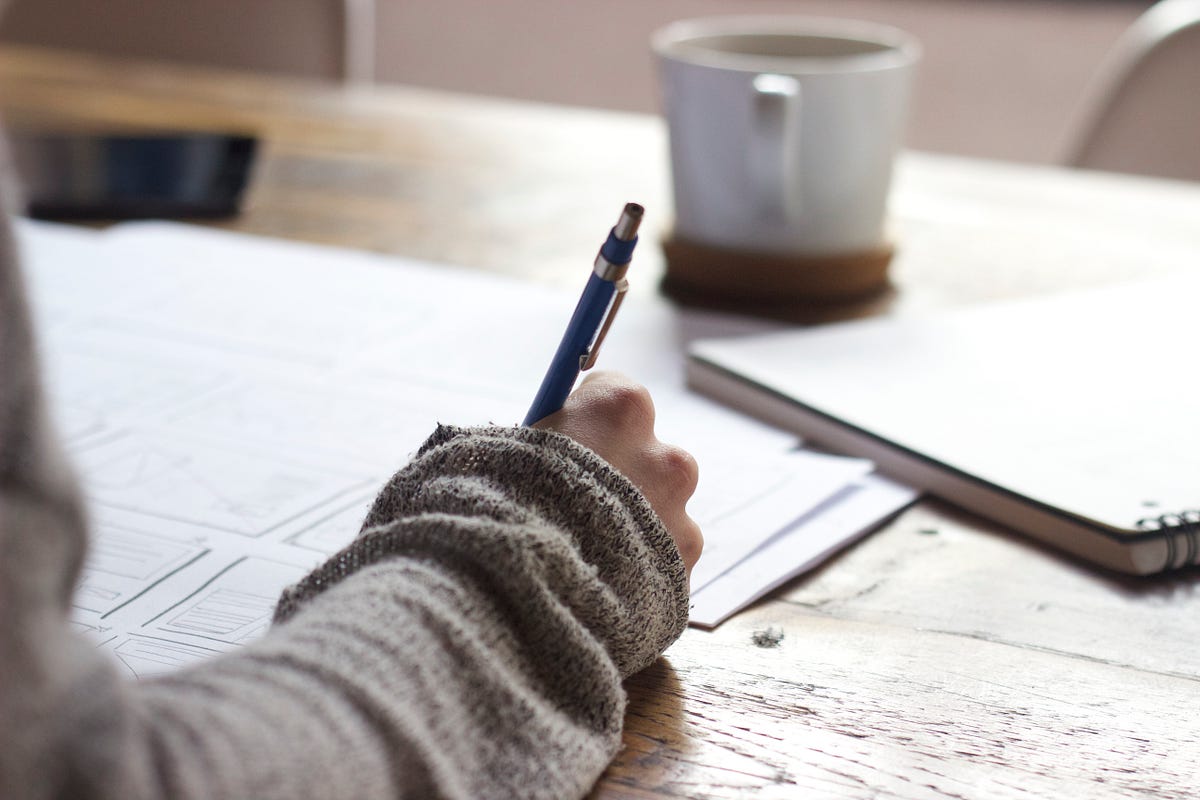“Beauty is in the eye of the beholder!”
A statement as old as civilisation itself, reiterated through the history by writers, poets and artists. But is ‘beauty’, really in the eye of the beholder? How then, have we all conformed to the same standards of ‘beauty’? Are we emulating the ‘good’ because it was voiced by a stronger and louder personality with a sense of euphemism that cannot be denied.
... ... ...
As design students, we are not taught to appreciate the importance of aesthetics, we are supposed to inherently possess the knowledge. However, each of us come from a different lifestyle with preconceived notions of how the surroundings should be. Just as curated knowledge cannot override the emotional biases completely, global exposure to standards cannot eliminate locally imbibed, culturally derived sense of aesthetics.
Beauty is in the eye of the beholder…
Only through art can we emerge from ourselves and know what another person sees.
With the technological outburst, internet swimming pools are brimming with content which defines ‘good design’ and ‘acceptable beauty’. The vast reach of these pools have flooded the local sense of aesthetics. The ‘powerful’ voice through various digital media is ‘driving the trend’ for the society and increasing number of people are falling prey to the globalised sense of idealised beauty. What is beautiful? The dictionary meaning of that word is “pleasing the senses or mind aesthetically”. So if a traditional ceramic mug with motifs appeals more to me, then how is it that I also wish to posses a minimalist, stripped of it’s identity, stainless steel mug?
... ... ...
A product that exhibits itself outwardly to trigger a fond memory or capture our current state of mind, often earns the title of being beautiful. Overall in the larger context something beautiful is that which appeases our senses at that moment and thus holds us in its aura from then on.
When trying not to ponder over the details, we can arrive at a consensus on what a beautiful object is as Alain De Botton says in his book ‘The Architecture of Happiness’. He complements this theory of universality by identifying certain cities that are liked by most for their charm like Edinburgh, Paris, Rome or Varanasi. And yet, in spite of all the published arguments, one cannot strip these objects or cities down to bare minimum standards to understand what makes them beautiful. A china tea cup in our kitchen cabinet may hold us in equal rapture as a preserved ceramic pot in the museum and yet, we idolise the museum piece. The museum object demands reverence. It expects worship which the tea cup can never claim.
Our definition of good and bad is dynamic. As our thoughts mature, so do our definitions of various ideologies. Beauty in essence, holding onto strings of familiarity and relativity, is as dynamic a view as any. Our personal history pushes us towards certain styles and forms while our ever growing curiosity, a need to be better than the previous make us seek newer things. As we reshape our lives on the go, so will our experiences reshape our beliefs and we will be continually drawn to new things. Simultaneously as long as we keep evolving and newer things are born, there will be a history. Ergo, the history of design will also continue. Every new layer of history added to the art and design world, adds to the craving for older and golden days. And we are forever in battle between succumbing to the definition of beautiful from our past or embracing the modern futuristic sense of beauty.
My personal aesthetic sense is constantly in clash. My love for the traditional, culture driven design sensibilities are always in conflict with my design sense derived from exposure to modern art and architecture. In reality, all we want is the design to speak and communicate- to tell us what we need to hear and be reminded of things we most fondly associate with.
With this eternal fight continuing, I am still left with the question I began with. Can we define beauty? A question that requires an answer as evocative as the word itself. Nevertheless we are left with a breadth of choice to define what the word means to us and satisfy our psychological needs. After all beauty is nothing more than what you make it to be…
It is amazing how complete is the delusion that beauty is goodness.

Comments
Post a Comment